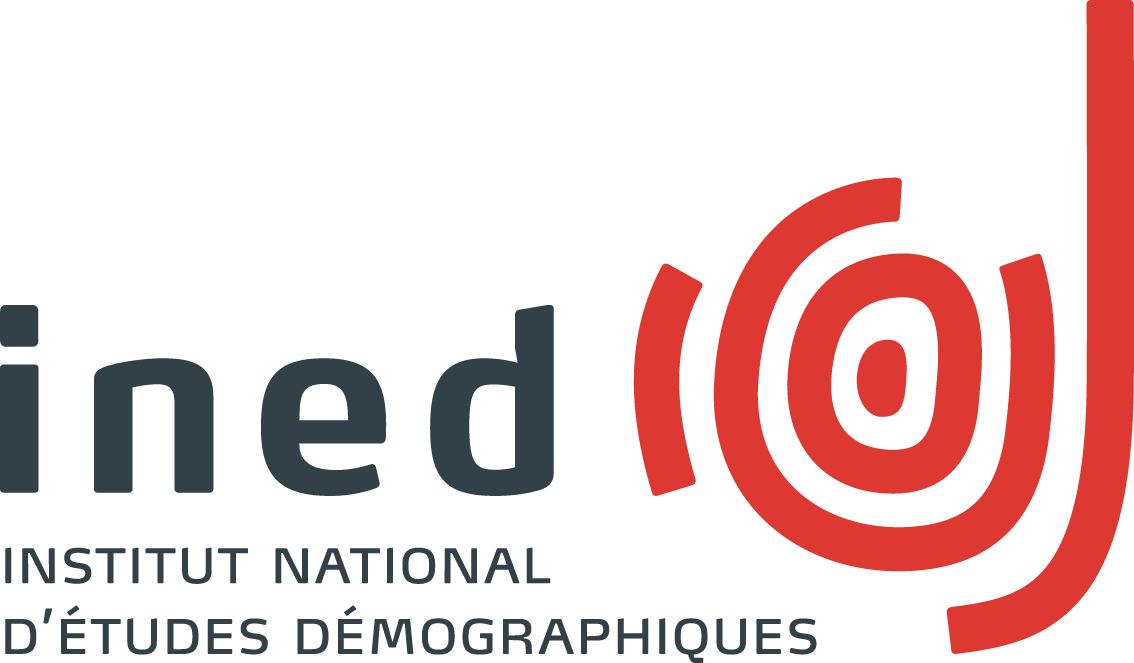Vulnerability and psychological distress of female sex workers in Côte d’Ivoire
Résumé
BACKGROUND: Despite the vulnerability of female sex workers (FSW), there is limited literature on the mental health conditions of this population. This study aims to describe the prevalence of psychological distress among FSWs in Côte d’Ivoire and identify associated factors.
METHODS: The ANRS 12381 PRINCESSE project (2019-2023) evaluated a community-based sexual and reproductive healthcare delivery through mobile clinics operating in prostitution sites n San Pedro and surrounding areas, Côte d’Ivoire, with a single-arm intervention cohort of FSW aged =18. FSWs were invited to complete a socio-behavioural questionnaire. The Patient Health Questionnaire (PHQ-4) was used to categorise signs of psychological distress (none, mild, moderate, severe) based on four questions: 2 on anxiety symptoms (‘feeling nervous/anxious’; ‘unable to stop worrying’) and 2 on depressive symptoms (‘having little interest/pleasure in doing things’; ‘feeling down/depressed/hopeless’). Multivariate logistic regression was used to identify factors associated with experiencing signs of psychological distress.
RESULTS: Of the 489 FSWs included, 253 completed at least one questionnaire, and 32% reported mild signs of psychological distress (68% no sign). Focusing on the 230 FSWs with no missing data, factors associated with experiencing signs of psychological distress were: older age (8% psychological distress among those aged 19-24 vs 32% among those aged 25-30 (aOR=4.8 [95% CI=1.2-26.2]), 36% among those aged 31-40 (aOR=6.3 [1.7-33.8]), and 64% among those aged =41 (aOR=15.4 [3.3-94.7])), perceiving their financial situation as very difficult versus just getting by (43% vs 13%, aOR=4.4 [1.4-15.4]), being HIV-positive (63% vs 28%, aOR=5.5 [1.9-17.8]), engaging in sex work irregularly vs daily (62% vs 27%, aOR=3.9 [1.4-11.3]), reporting violence from a regular partner (62% vs 29%, aOR=5.1 [1.7-15.8]) or friends/family (49% vs 29%, aOR=2.9 [1.2-7.4]), poor vs good emotional support (73% vs 29%, aOR=3.7 [1.1-13.7]), very low vs moderate or higher self-esteem (65% vs 26%, aOR=6.9 [2.0-26.7]).
CONCLUSIONS: Although the PHQ-4 is not a diagnostic tool, the results highlight that 1/3 of FSWs experienced signs of psychological distress. It underlines the need to integrate targeted mental health screening and intervention into health care programmes offered to FSWs, especially for those isolated, precarious, older, HIV-positive and/or experiencing violence.
Domaines
Santé publique et épidémiologie| Origine | Fichiers produits par l'(les) auteur(s) |
|---|---|
| licence |


